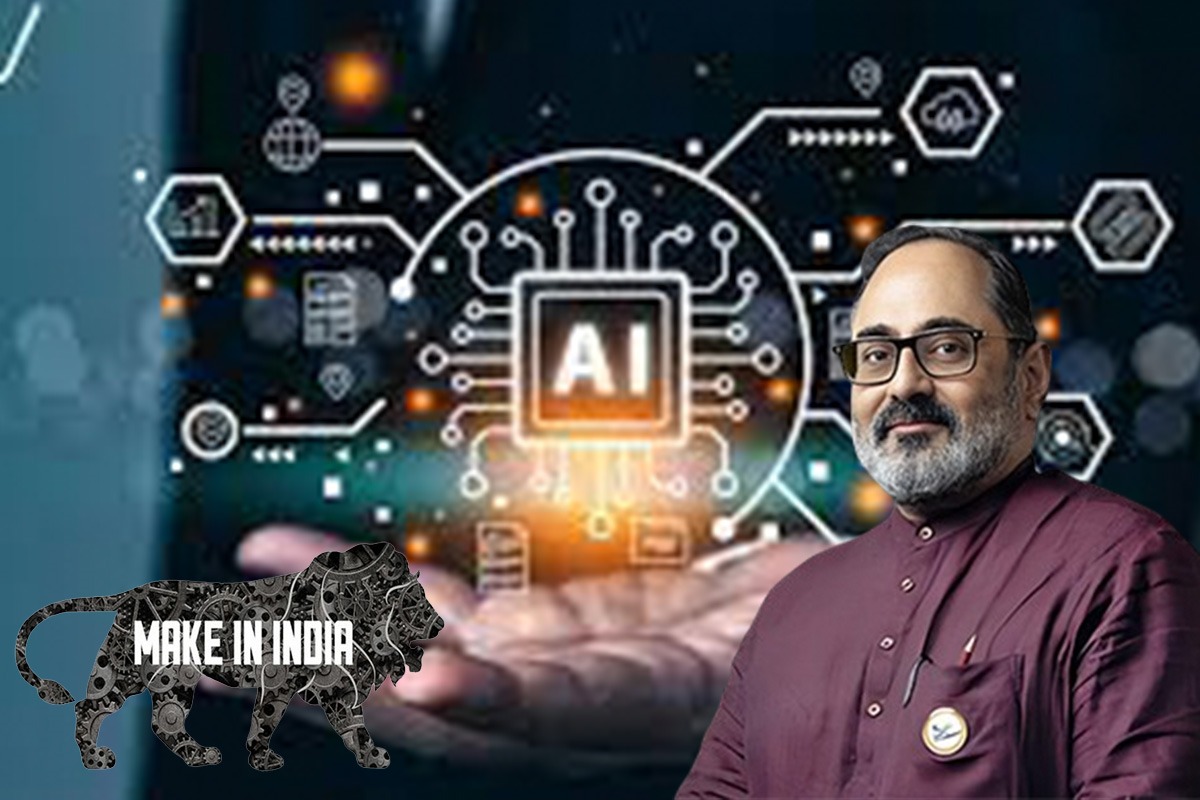


NEW DELHI: India positions itself as a nation that has successfully leveraged technology to create and implement widespread governance solutions. It often highlights examples, particularly when engaging with nations in the Global South, such as the Aadhaar biometric identity programme and the Unified Payments Interface (UPI) for payments. These initiatives serve as the foundation of what the Indian government terms Digital Public Infrastructure (DPI), wherein the government endorses the underlying technology and subsequently invites private entities to develop diverse applications.
Presently, India aims to apply the same Digital Public Infrastructure (DPI) strategy to artificial intelligence (AI).
By possessing sovereign AI capabilities and establishing an AI computing infrastructure encompassing both software and hardware necessary for developing AI-powered systems, the government’s objective extends beyond mere competition with generative AI models. Instead, it seeks to concentrate on practical applications in sectors such as healthcare, agriculture, governance, language translation, and more, to optimise economic development, as emphasised by the official.
In May of the previous year, the Ministry of Electronics and IT (MeitY) unveiled a preliminary version of the National Data Governance Framework Policy. Within this policy, it suggested establishing an India Datasets platform, comprising non-personal and anonymised datasets gathered by Central government entities from Indian citizens or individuals within India.
The concept envisions providing startups and Indian researchers access to the non-personal data stored within this initiative, as outlined in the draught proposal. The policy’s stated objectives include the modernisation of government data collection, with the overarching goals of enhancing governance and fostering the growth of artificial intelligence (AI) and data-driven research and startup ecosystem in the country.
Also Read: India claims honour of being Buddhist centre stage at IBC General Assembly
In October, a report from a working group appointed by the IT Ministry described the India Datasets programme as a “unified national data sharing and exchange platform to enable various data sharing and exchange use cases of all stakeholders including but not limited to Central/State/UT Governments, public sector undertaking, private sector companies, industry bodies, MSMEs (micro, small and medium enterprises) and startups, academia and researchers, civil society and media organisations, open technology communities, etc.”
The report also suggests the potential monetisation of non-personal data within the Indian datasets platform. According to the report, this platform is poised to play a pivotal role in enhancing the artificial intelligence ecosystem in India by providing a “robust foundation” for data-driven innovation and development.
Given the country’s belief in the transformative potential of AI for its digital economy, this perspective is expected to be mirrored in the forthcoming laws governing the technology.
Chandrasekhar mentioned that Europe’s approach inherently centres around regulation to safeguard citizens’ rights, while the US focuses on market regulation. He emphasised that India’s approach will be a hybrid combining elements from both perspectives.
The instruction believed to be a component of the preliminary Digital India Bill, might require major tech companies to submit all the non-personal data they possess to the India Datasets platform. It’s important to mention that the bill will not be unveiled before the upcoming general election in 2024 and will be addressed by the subsequent government.
The instruction, believed to be a component of the preliminary Digital India Bill, may instruct major tech companies to submit all non-personal data they possess to the India Datasets platform. However, it is crucial to note that the bill will not be unveiled before the upcoming general election in 2024 and will be addressed by the subsequent government.
The concept of capitalising on economic advantages through aggregated non-personal datasets was initially put forth by a MeitY-appointed committee led by Infosys co-founder Kris Gopalakrishnan. In a draught report from January 2021, the committee recommended the identification of specific “high-value datasets” that could be shared to promote innovation and ensure national security.